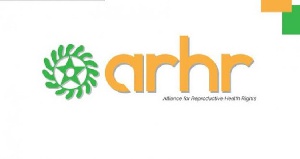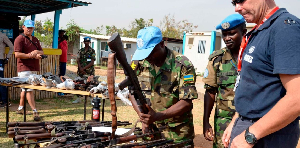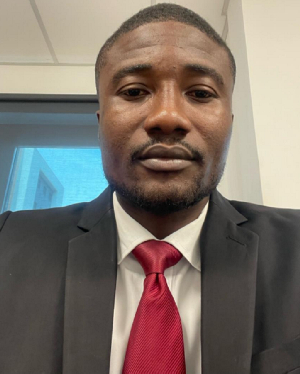The Alliance for Reproductive Health Rights (ARHR) has appealed to government to allocate more funds towards adolescent health issues in the country.
The ARHR also asked government to develop health policies and programmes centred on adolescents for long term impact,
especially at deprived areas.
Ms Rhema Andah, a Project Officer of ARHR, in a statement copied to the Ghana News Agency in Accra, said: "Good quality standards for adolescent responsive health systems are necessary and can only be achieved by investing in an adolescent responsive workforce, evidence-based intervention and removal of systematic barriers."
She was speaking on the “Effects of COVID-19 on adolescent sexual reproductive health rights: the experience of adolescent girls in Ghana with Ashiedu- Keteke Municipality in focus.”
The ARHR, with sponsorship from the French Embassy, had conducted research on adolescent sexual reproductive health and rights issues in the area.
Ms Andah said Ghana, like the rest of the world, had not been spared the effects of the pandemic, noting that COVID-19 had put unprecedented strain on health systems.
"The pandemic and its effects has had tremendous effects on various aspects of health care, especially in areas that has more population of adolescents and young people."
She said progress towards achieving Universal Health Coverage (UHC) required that adolescent health was prioritised and health care systems made more adolescent responsive.
Touching on access to sexual reproductive health services in the Ashiedu-Keteke Municipality, Ms Andah said some girls the ARHR interviewed disclosed that the pandemic had affected access to quality essential adolescent health services.
"It is clear that in order to achieve UHC, a strengthened health system is necessary for managing infectious diseases but also for sustaining existing service provision for vulnerable populations,” Ms Andah said.
“By contextualizing the state of adolescent reproductive health, we are able to see the ways in which the pandemic and other forms of crisis can drastically affect the wellbeing of adolescents, especially regarding their sexual and reproductive health."
In the light of Ghana’s path towards achieving UHC by 2030, Ms Andah noted that government had responded fairly well to difficulties facing adolescents.
However, she said: "There is a clear challenge in ensuring the translation of set policies such as the 2000 Adolescent Reproductive Health Policy.”
“This policy has the broad objective of providing a policy framework that promotes a healthy environment where young people can obtain information and services on reproductive health and exercise their reproductive rights through effective and sustainable programmes."
She said a good point was that adolescent reproductive and sexual health programmes and services existed in schools and other government and non-governmental establishments for both long-standing and short-terms.
Ms Andah, however, said information and services were unevenly concentrated with a focus on urban areas leaving rural areas largely underserved, though they were areas having the most-at-risk adolescents, adding that those gaps needed to be bridged.
Health News of Tuesday, 15 December 2020
Source: GNA













